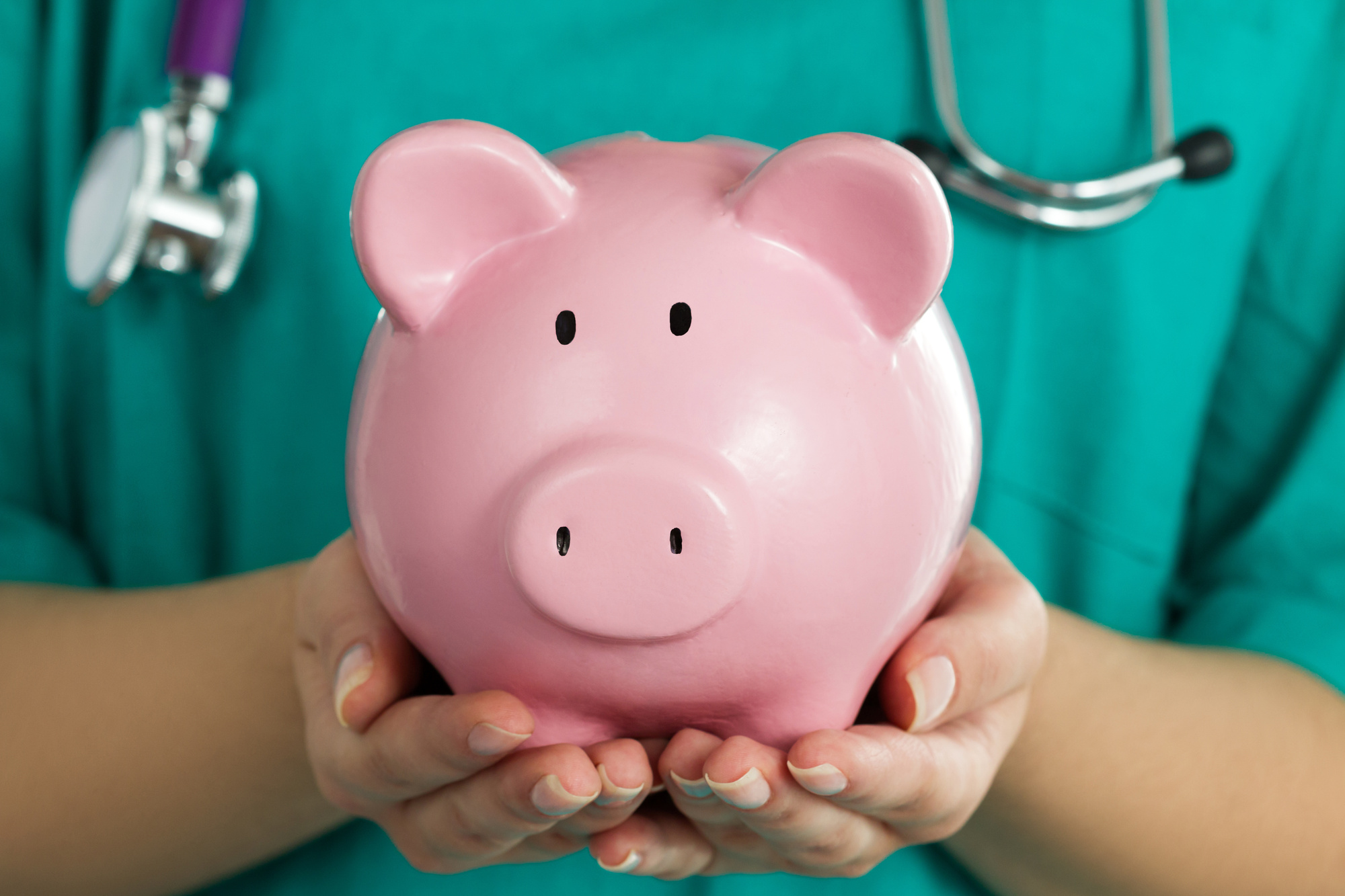How to Create an Alternative Anxiety Treatment Plan

Anxiety disorders are rampant in the U.S. these days. Approximately 40 million adults over the age of 18 struggle with an anxiety disorder, but only a little more than one-third of them actually receive treatment.
If you’re considering getting treatment for your anxiety disorder, it can be hard to know where to begin. This is especially true when you’re looking for treatments that don’t involve a lot of strong, side effect-heavy drugs.
If you prefer the natural route, keep reading. Listed below are some tips that will help you create an alternative anxiety treatment plan.
Signs You Need Anxiety Treatment
It’s not always easy to tell when you’re dealing with an anxiety disorder. If you’re on the fence about whether or not you need to seek treatment for your anxiety, consider whether you’re dealing with any of these signs or symptoms:
- Excessive feelings of worry
- Feelings of agitation or restlessness
- Feelings of irritability
- Becoming fatigued very quickly
- Having trouble concentrating
- Chronic muscle tension
- Insomnia
- Avoiding social situations
- Experiencing irrational fears
People who suffer from anxiety disorders may also experience panic attacks. Panic attacks are often characterized by shortness of breath, tremors, sweating, and intense feelings of fear or worry.
Traditional Anxiety Treatment Options
In general, physicians recommend the following traditional treatment options when working with someone who’s experiencing an anxiety disorder:
- Anti-anxiety medications, including benzodiazepines
- Antidepressant medications, including SSRIs (selective serotonin reuptake inhibitors)
- Cognitive-behavioral therapy
In some cases, these treatments can be very effective. Medications, in particular, can also be problematic, though. They come with a wide range of side effects, and many people find that the side effects are worse than the anxiety symptoms they’re trying to treat.
Alternative Anxiety Treatment Options
If you’ve tried anti-anxiety or antidepressant medications in the past and haven’t been happy with their results, or if you prefer to take a more natural route, you may want to consider some alternative remedies.
The following are some effective alternative treatments that can work very well for those dealing with anxiety disorders:
Exercise
Many people find that regular exercise can be very effective in helping them manage their feelings of anxiety.
Exercise helps the body to produce endorphins. Endorphins are chemical messengers associated with relaxation and feelings of positivity.
Exercise can also serve as a distraction to help anxious people get out of their heads and focus on something other than the situations that are worrying them.
Meditation
Meditation is another highly effective technique. There are lots of different types of meditation that can be helpful, but mindfulness meditation appears to work especially well for anxious individuals.
Mindfulness meditation involves sitting quietly and focusing on being present. You don’t have to do anything special. You just have to sit and allow things to be as they are.
Writing
Often, people who struggle with anxiety disorders feel better when they write things down.
When they spend time writing in a journal about what they’re experiencing and what might be triggering their anxious feelings, they can learn ways to avoid those triggers and manage them in a healthier and more productive way.
Creative writing exercises can be useful as well, especially for younger people dealing with anxiety.
Aromatherapy
In some cases, smelling certain essential oils can help people to feel calmer and more at ease.
Lavender oil is especially beneficial when it comes to promoting relaxation. You can diffuse it in your home or mix it with a carrier oil (such as coconut oil or jojoba oil) and apply it to your skin.
This works very well if you’re having a hard time falling asleep at night.
CBD Oil
Cannabidiol (or CBD) oil is all the rage these days and for good reason.
CBD is a cannabinoid found in the cannabis and hemp plants. It does not cause you to feel “high” the way THC does. However, many people find that it helps them to feel more relaxed.
It can also help them get to sleep at night if their anxiety causes them to struggle with insomnia.
Herbal Supplements
In addition to CBD oil, there are a lot of other herbal supplements that are effective for those struggling with anxiety.
Some popular herbal supplements that people swear by include the following:
- Chamomile
- Kava root
- Valerian
- Passionflower
There are lots of herbal teas that are made using these herbs. You can also take them in capsule and pill form if you prefer.
Animal Therapy
Spending time with animals can be very relaxing for many people dealing with anxiety disorders. Volunteering at an animal shelter or spending time with a friend’s pet can work wonders when it comes to improving your mood and bringing about feelings of ease and relaxation.
Dietary Changes
Sometimes, making changes to your diet can have a big impact on your anxiety levels.
Cutting out sugar, processed food, alcohol, and caffeine can help to stabilize your blood sugar and prevent hormonal imbalances that may trigger feelings of anxiety. It also helps to add in healthy foods like fruits, vegetables, and foods rich in omega-3 fatty acids like wild-caught salmon.
Hypnotherapy
Cognitive-behavioral therapy is very effective for many people with anxiety. It’s not the only form of therapy worth considering, though.
Working with a hypnotherapist may help you get to the root of what’s causing your anxiety and help you learn how to deal with those issues in a healthier way.
Create Your Anxiety Treatment Plan Today
As you can see, there are a lot of different anxiety treatment options available to you.
Whether you want to combine traditional and alternative therapies or create a 100 percent alternative anxiety treatment plan, you can utilize these different options to help you feel better and enjoy a higher quality of life.
Do you want to learn more about managing anxiety and improving your mental health? If so, be sure to check out some of our other anxiety-related resources today.
Check back for more often, as we have lots of articles on our site that can provide you with additional advice and information.



